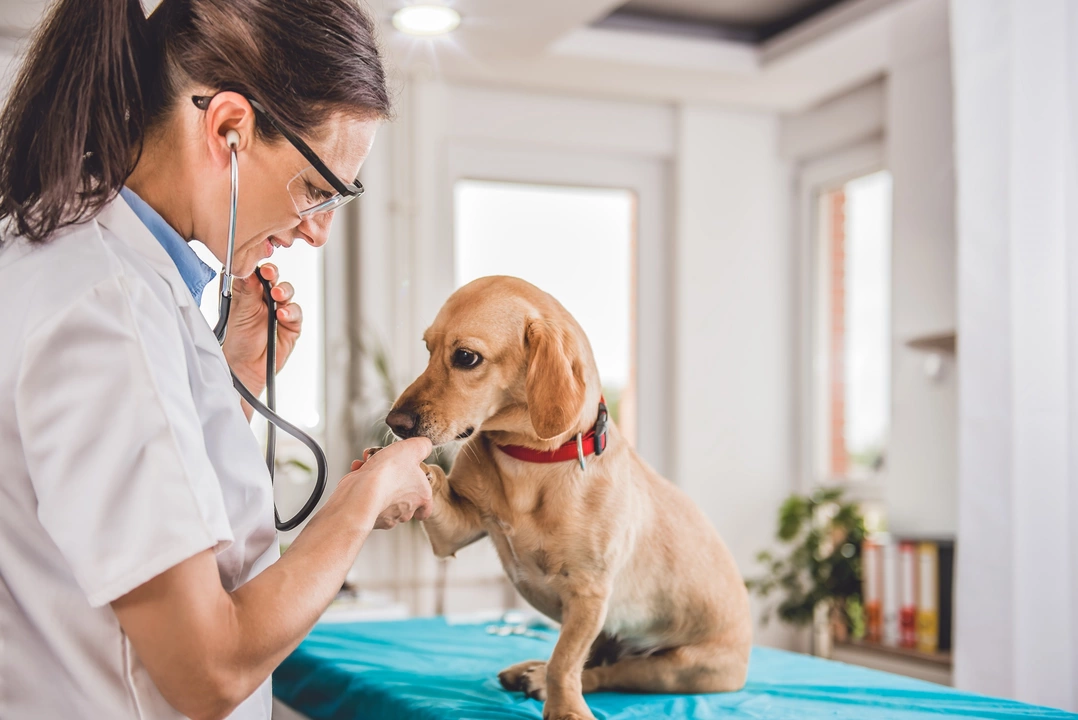Pet help: safe meds, buying online, and simple care tips for pet owners
If your pet needs medicine, you want clear, practical advice — not confusion. This page focuses on keeping pets safe with medicines, spotting legit online pharmacies, and simple steps you can use right away. I’ll keep it short and useful.
Buying meds online for pets — what to check
Use an online pharmacy only when your veterinarian approves the medication and dose. Ask your vet to send a prescription directly or to confirm the treatment by email.
Check the pharmacy’s contact info, real customer reviews, and whether they require a prescription. Legit stores list a licensed pharmacist and a working phone number. If a site sells prescription-only drugs without asking for a prescription, that’s a warning sign.
Look for clear shipping and return policies, secure checkout (https), and batch or lot numbers on products. Cheap prices can be tempting, but unusually low costs often mean fake or expired meds.
If you’re ordering internationally, confirm delivery time and customs rules; time-sensitive meds like antibiotics or insulin shouldn’t risk long delays.
Everyday medication safety for pets
Never give human pills to your pet unless your vet prescribes them and tells you the exact dose. Some human drugs are harmless to people but dangerous to dogs or deadly to cats. For example, acetaminophen can seriously harm cats and should never be used unless a vet explicitly prescribes an alternative treatment.
Store all medicines out of reach and in original packaging so you have the dosing instructions and expiry date. Use a pill organizer only if it matches the vet’s instructions and you label each dose clearly.
Watch for side effects after starting a new drug: vomiting, diarrhea, unusual lethargy, swelling, or trouble breathing. If you spot any of those, stop the medication and call your vet or an emergency clinic immediately.
For long-term meds, schedule regular checkups and bloodwork if your vet recommends it. Drugs that change liver or kidney function need periodic testing so your pet stays safe over time.
If you’re unsure about a drug name, formulation, or dose, take a photo of the pill or package and send it to your vet before giving anything. That one extra step prevents a lot of mistakes.
Need help finding reliable pet resources or trusted online pharmacies? Start with your vet’s recommendations, check professional vet association lists, and read multiple user reviews before buying.
Pet help comes down to two simple rules: ask your vet first, and don’t cut corners when it comes to medication quality and prescriptions. Follow those and you’ll reduce most risks without drama.

